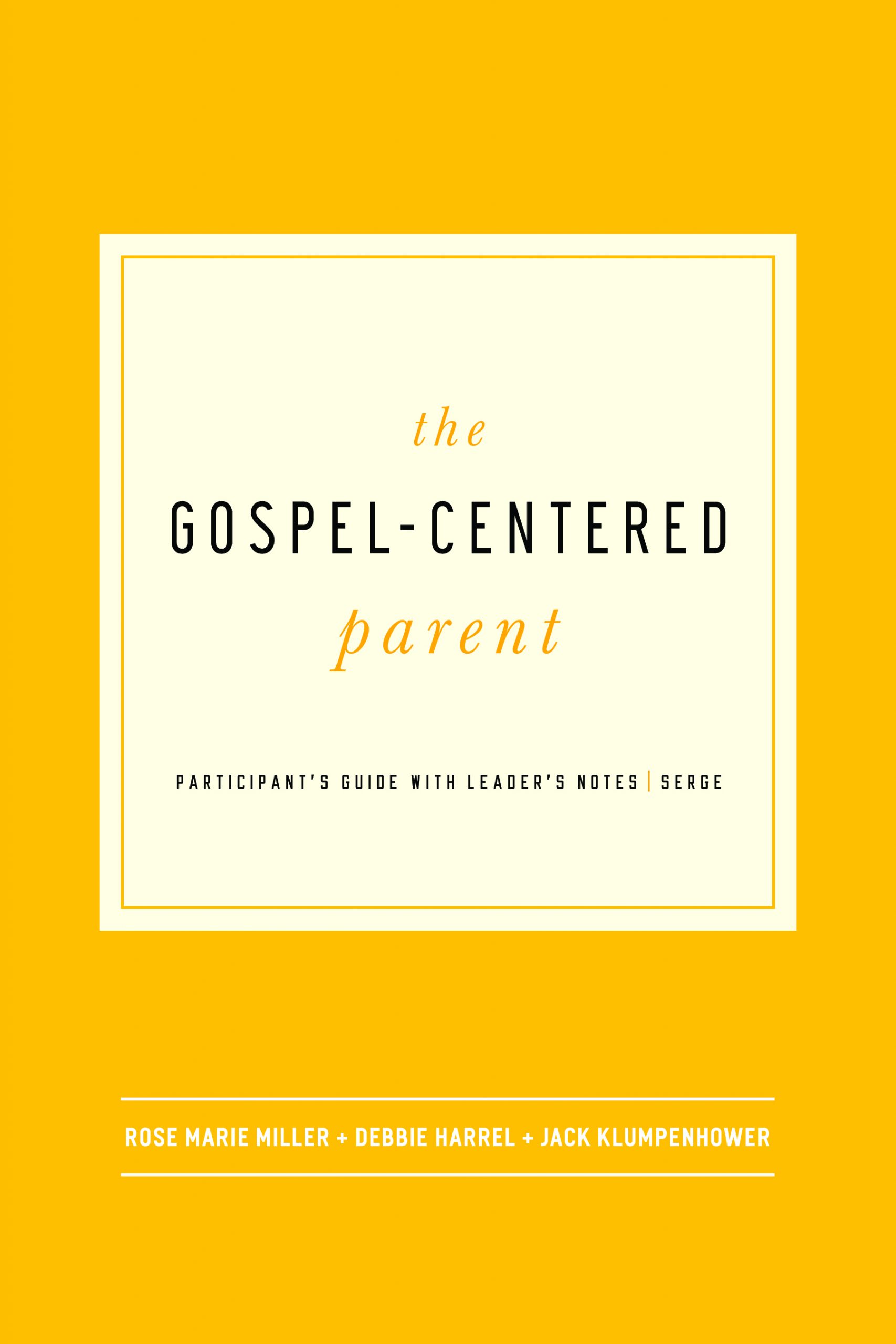The Uncomfortable Feeling of Being Needy
Being a parent is overwhelming.
When we feel needy, our natural reaction is to either resist feeling needy or let our needs discourage us. So this is an excellent time to study prayer because Jesus taught us a different way to deal with our needs – go to Him in prayer.
When His disciples asked Him to teach them to pray, He told them an odd story of a man who had no choice but to bang on his neighbor’s door in the middle of the night for bread (Luke 11:1-13). The point Jesus was making is that our needs keep us asking, seeking, and knocking and that God will answer with Himself —the gift of His Sprit.
It’s good that parenting makes us feel needy because our need should lead us to pray.
It should bring us nearer to our Father, whose power and love will do far more for our children than we can imagine.
The Struggle to Pray
Perhaps, you know this and still struggle to pray.
I’m that way. I know I should pray, but often I don’t want to pray. Instead, I get stuck in frustration or discouragement.
And because my prayer life is weak I also feel condemned when I think about prayer, which just makes prayer even harder. Having struggled with this for years and seen some slow growth in my desire to pray, I’ve learned that the Bible encourages us to pray by pointing us to Jesus.
To become praying parents, we need to see Him better in at least three ways:
1. Privilege in Christ
First, when we feel condemned we must see what privileges we have in Jesus. A slow-to-pray parent like me really is both foolish and sinful. Yet I must never think my bad track record disqualifies me from asking absolutely anything from God and receiving what’s best.
I pray in Christ, so I always have forgiven-of-my-sin access to my Father (Hebrews 10:19-22), the right to approach Him as one who shares in Jesus’s inheritance (Romans 8:15-17), and help from the Holy Spirit (Romans 8:26-27).
That’s right; as one who’s lousy at prayer, I have help, not condemnation, from God! The Spirit knows I struggle. He’s there to pray with me. I can go to the Father at any time, with all of my thoughts and concerns, no matter how unworthy I’m feeling.
2. Strength in Christ
Second, when we don’t feel needy we must believe that Jesus’s power is better than what we can do for ourselves.
I personally tend to be the got-it-handled type of parent. When parenting problems arise, I do my best to solve them. If I can’t solve them, I either try harder or decide to ignore them. Turning to God is a distant, third choice I seldom employ.
Just this week my wife and I were dealing with a discipline issue and she suggested we pray for our kids (it’s usually her idea). I knew she was right, but part of me was also thinking, Don’t you think I can handle it?
That was a sign of weak faith in God (and my pride!). I prefer my strength to trusting His strength. But our Savior is Lord of all! Whenever I imagine I’m the strong one in my family, and neglect prayer, I’m actually being the weak link. I need to stop being self-sufficient and start depending on God’s real power to change hearts and bring good out of sins and mistakes.
3. Comfort in Christ
Third, when we feel discouraged we must realize how kind Jesus is to those who call on Him. Sometimes I stop praying because I don’t trust it to “work” or because I don’t think God will answer the way I’d like. When prayer doesn’t quickly give me the results I want, I give up on God and spend my time worrying or withdrawing instead.
I fail to trust that, whatever way God answers my prayer, He surely will show me the same dazzling kindness Jesus showed throughout the Gospels. Jesus has unmatched compassion on everyone who comes to Him begging and exhausted, in true surrender.
The Bible’s account of Hannah is a great illustration of surrender through prayer. Hannah started with a deep need: she wasn’t able to have a child. Her praying was so intense that she had to explain, “I was pouring out my soul to the LORD…. I was praying out of my great anguish and grief” (1 Samuel 1:15-16 NIV). Hannah had prayed before, but this time her prayer for a child included wholehearted surrender: “I will give him to the LORD for all the days of his life” (v. 11).
Perhaps you too have poured out your heart to God about a child, with great anguish.
Have you surrendered like Hannah, asking God to do what you can’t—change their hearts to love Him and others?
We know our children well, but what a comfort it is to entrust them to the Father who knows them best.
Samuel, the son God gave Hannah, grew into a mighty prophet, and Hannah’s prayers matured too. Before long, her anguish and self-concern gave way to praise for God’s goodness and confidence in how He would use her family in His kingdom, for His purpose (1 Samuel 2).
This is what prayer does.
As we surrender our worries to God, we move from fear to faith, from grief to relief. Surrendering our concern to God allows us to give up our urge for control and find rest instead in God’s sure hand. Prayer is such sweet comfort!
Becoming a Praying Parent
For me, the value of these three blessings of prayer—privilege, strength, and comfort—has become even clearer since my mother’s death.
There’s much about her I will miss, but perhaps the biggest loss is her prayerful presence. She was a woman much like Hannah; weak in many ways but close to her strong Savior. She prayed daily for me, my wife, and our children. No doubt her prayers for my family have advanced God’s kingdom in yet-unseen but wonderful ways.
Who will pick up the slack now that she’s gone?
Who will be the family leader who knows personal weakness so keenly that the Father is never far away; who surrenders all to gain what is better; who prays humbly and repeatedly, and so brings God’s blessings down like rain?
Who, with the Spirit’s kind help, will have that rare brand of strength that is received by calling steadily upon the King who is mighty to save?
I want it to be me.
———–
This post is an excerpt from The Gospel-Centered Parent by Rose Marie Miller, Deborah Harrell, and Jack Klumpenhower.
SERGE RESOURCE
The Gospel-Centered Parent
This small group resource will help you see your parenting in light of God’s good news! Practical yet theological, simple yet deeply biblical, this text will help parents live out the biblical principles of faith, repentance, and faithfulness to their calling as parents with their children.







